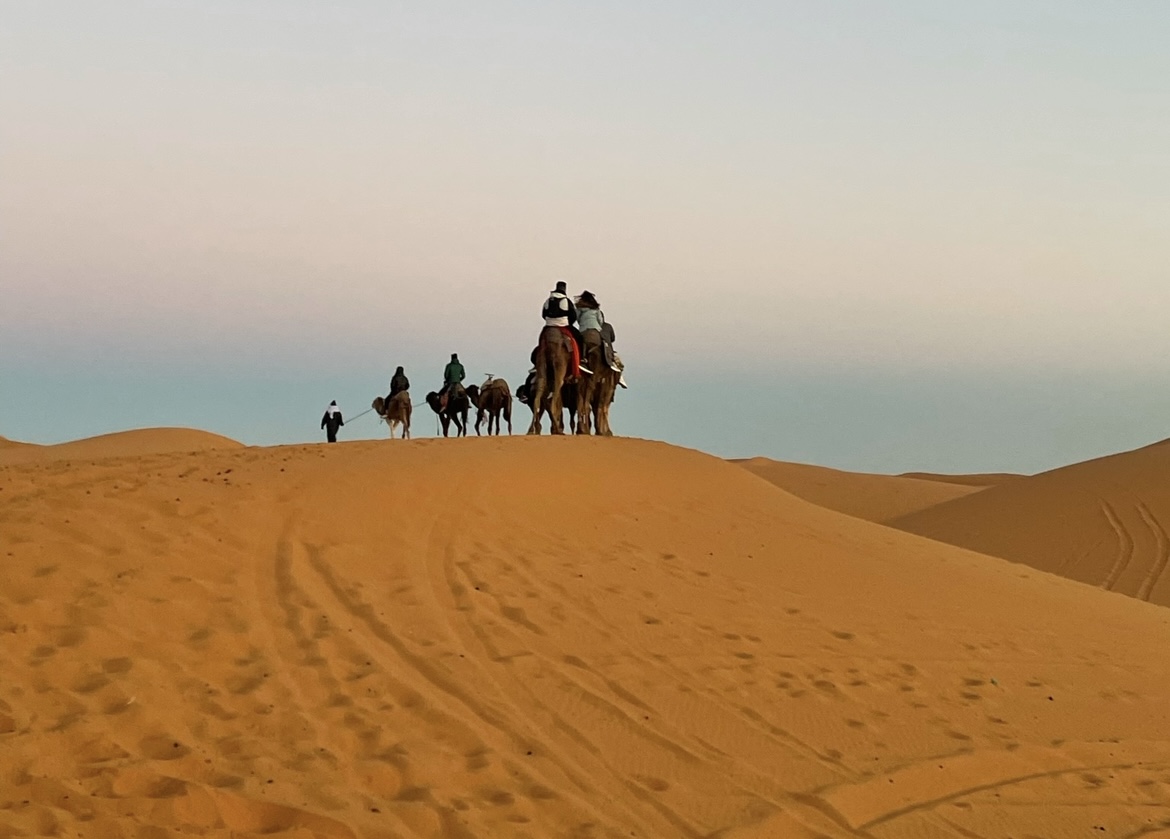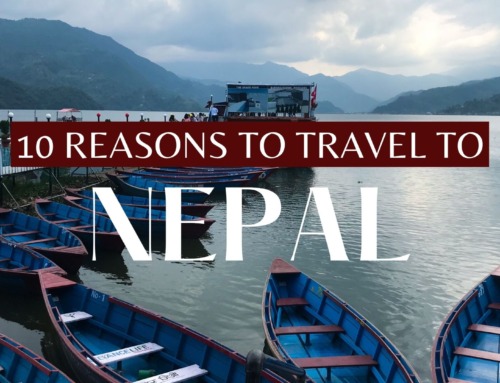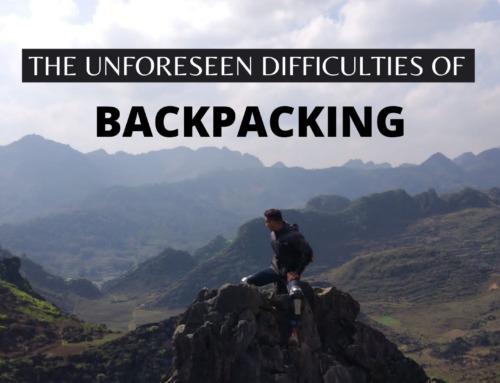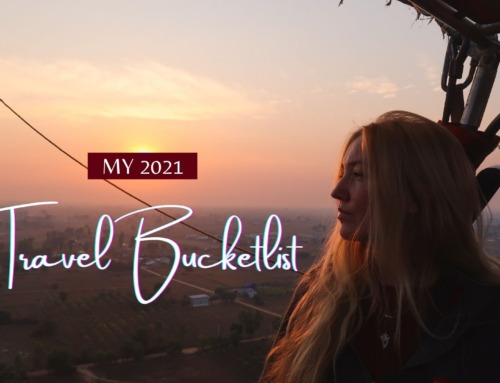Travel is a privilege. Let’s not pretend it’s not.
If you’re lucky enough to travel—whether for a week or while working remotely long-term—it means you have access to time, money, documents, and relative safety that many others don’t. But how often do we, as travelers (especially from Western countries), stop and ask: What kind of impact are we actually having?
Ethical travel isn’t just about being a “good tourist.” It’s about confronting uncomfortable truths—like colonialism, economic inequality, environmental degradation, and how they all show up in the tourism industry.
Let’s dig into what it really means to travel ethically in a way that respects the people, land, and history of the places we visit—without reproducing systems of Western privilege and exploitation.
1. Check Your Western Privilege at the Airport
If you’re traveling from a wealthy, industrialized country, you’re not just visiting another place—you’re arriving with centuries of colonial history and power behind you.
Many popular travel destinations are in the Global South, places still grappling with the legacy of colonization, military intervention, and economic extraction—often by the very countries tourists come from.
Ethical travel starts with humility. You’re not here to save, fix, or discover anyone. You’re entering someone else’s home. Act like it.
2. Support Local, Not Corporate
That all-inclusive beach resort owned by a foreign investor? It’s probably siphoning money out of the local economy. The same goes for many international tour companies and restaurant chains.
Instead, look for:
-
Locally-owned guesthouses and Airbnbs
-
Independent guides and community-run tours
-
Street food and family-run restaurants
-
Artisan markets (and pay fair prices)
When your dollars stay local, they support real people, not multinational profits.
3. Skip the Savior Complex: Say No to Voluntourism
It might feel good to spend a day painting a school or playing with orphans. But short-term “voluntourism” often causes more harm than help. It can take jobs from locals, reinforce white savior narratives, and reduce complex social issues to quick fixes.
Want to support communities? Donate to local-led nonprofits. Follow and uplift grassroots organizers. Educate yourself—and others—about the systemic causes of poverty and injustice.
4. Travel Lighter on the Planet
Tourism contributes to pollution, habitat destruction, and climate change. But you can reduce your environmental impact:
-
Fly less, stay longer.
-
Take buses or trains instead of domestic flights.
-
Walk, bike, or use local transit.
-
Bring a reusable water bottle, bag, and utensils.
-
Respect wildlife and protected areas.
Sustainable travel is about slowing down, not checking off bucket-list items.
5. Learn the Real History
Before visiting a new place, take time to learn its history—especially the parts that are uncomfortable. Who colonized it? What are the ongoing political struggles? Who owns the land and why?
When you understand the context, your presence becomes more mindful—and less extractive. And when locals share their stories, listen. That’s where real connection begins.
6. Respect Cultures, Don’t Consume Them
Cultures aren’t costumes. Spiritual practices aren’t props. Traditions aren’t there to entertain you.
Ethical travelers:
-
Learn basic phrases in the local language.
-
Ask before taking photos of people or sacred places.
-
Dress appropriately.
-
Participate in cultural experiences with reverence, not entitlement.
Curiosity is great—just don’t turn it into appropriation.
7. Pay Fairly (And Tip Generously)
In many countries, Western travelers hold disproportionate economic power. It’s tempting to bargain everything down, but ask yourself: Are you negotiating over the equivalent of $1? And what does that mean to the person you’re buying from?
Pay what things are worth. Tip when it’s customary (and even when it’s not, if the service was excellent). Economic justice is part of ethical travel.
8. Travel as Solidarity, Not Consumption
If we really believe in justice and equity, travel should reflect that. Ethical travel isn’t about being a perfect tourist—it’s about choosing solidarity over consumption.
That means:
-
Uplifting local voices.
-
Avoiding exploitation.
-
Being self-aware and open to feedback.
-
Taking what you learn back home to challenge unjust systems there.
Final Thoughts: You’re Not “Discovering” Anything
The world isn’t a blank slate waiting for Westerners to explore. These places existed long before you—and will continue after. Your job is not to “conquer” or “collect” them, but to move through them with humility, care, and respect.
Ethical travel is less about where you go—and more about how you go.
If you want to see the world, do it in a way that leaves it better than you found it.









Leave A Comment